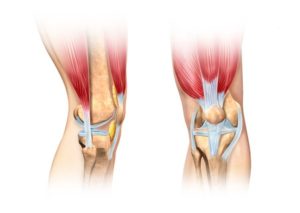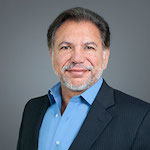Adult Stem Cell Therapy & Platelet Rich Plasma
Why Arthroscopic Knee Surgery WITH Stem Cells Delivers Better Results
cialis ice-station.com.mx  The knee joint can be considered an organ, with different parts acting in unison:
The knee joint can be considered an organ, with different parts acting in unison:
- Articular cartilage
- Fibrocartilage (meniscus)
- Synovium (the lining)
- Subchondral bone (bone under the articular cartilage)
- Surrounding ligaments
- Muscular tendinous insertions
- Bursae
Knee pain can result from a number of different afflictions, so there are several different approaches to treating these conditions, including
- Anti-inflammatory medications (e.g. pills or cortisone)
- Visco supplementation,
- PRP or stem cell injection
- Arthroscopic surgery
Cleaning out the knee with minimally invasive arthroscopic surgery can often provide about one year of relief. The article and others that draw general conclusions from them, miss some critical points:
Often during a debridement, the surgeon will smooth out frayed articular cartilage or remove a small piece of flap of meniscus (menisectomy) that cannot heal, as well as perform a synovectomy. The synovectomy procedures are key to slowing down the process of cartilage wear, and may be what contributes most to generalized pain relief. Mechanical pain and twisting sharp pain are real and often related to a meniscal tear or cartilage flap.
The conclusions drawn below are also misleading because a cartilage flap is an articular cartilage flap and not a meniscal flap. Orthopedic surgeons have various approaches to stabilizing the flap without taking it out. These include absorbable rods and plugs. The study speaks of an unstable flap of cartilage, but not, as noted below, a “loose” or fully detached piece of cartilage. A loose body in the joint absolutely should be removed. If large enough, it can sometimes be reattached.
Researher, Farshid Guilak PhD has been quoted saying, “We are reprogramming stem cells to do what we want them to do.” They are an “arthritis vaccine.” We will discuss the benefits of various arthroscopic cartilage procedures, including the use of stem cells in the next article.
Call us at 941-953-5509 to schedule your stem cell consultation with Dr. Bennett






